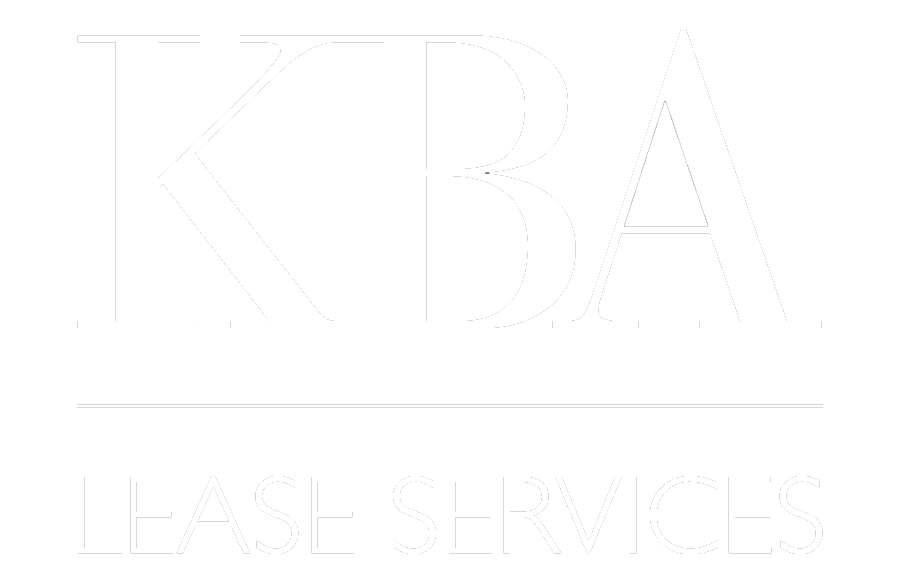Landlords and tenants often argue over lease audit rights in leases. Landlords seek to restrict the tenants’ right to audit by imposing restrictions on an otherwise open right. Tenants seek to ensure that they have a practical, workable clause that will enable them to verify their costs.
Michael E. Meyer, one of the country’s leading leasing attorneys and partner at DLA Piper LLP (US), has developed the following checklist of issues that should be covered in a well-negotiated lease audit clause.
Lease Audit Clause Checklist
by Michael E. Meyer, Esq., DLA Piper LLP (US)
When landlords and tenants eliminate any gamesmanship from the process they do not seek to outsmart each other or to pursue hidden agenda goals, then agreeing upon a fair audit provision should result in the following agreements being incorporated into the audit provision.
- A tenant should have a right to audit, review and copy landlord’s books and records;
- A tenant may not conduct an audit if it’s in default under the lease;
- A tenant may not conduct an audit if it is withholding base rent or operating expenses until the audit is completed;
- A tenant may not conduct an audit unless it agrees to a confidentiality restriction;
- An overcharge of operating expenses by landlord shall not entitle tenant to terminate a lease;
- Tenant and landlord shall be barred from asserting any right to charge additional operating expenses or to claim a refund for operating expenses if such right is not asserted and an arbitration or litigation commenced within three years from the date that landlord furnished tenant with an operating expenses statement or, when appropriate, a supplemental operating expense statement;
- The tenant may conduct the audit itself or by utilizing an accounting firm or a firm that simply specializes in auditing operating expenses;
- In the event that the audit reveals an overcharge, the amount of the overcharge with interest at the Interest Rate shall be refunded by the landlord to the tenant unless the tenant elects to have such amount credited against the rents next due and owing under the lease;
- Tenants should be allowed to offset against Base Rent a final award or judgment as to the overpayment of Operating Expenses, if not paid within thirty days;
- If the amount of the error by the landlord exceeds a certain percentage (typically 3-5%), then the landlord shall pay for the cost of the audit; and
- The procedure for determining any dispute pertaining to operating expense should involve an arbitration where the arbitrator is defined as someone who has had 10 or more years of experience as a lawyer handling real estate leasing matters.
